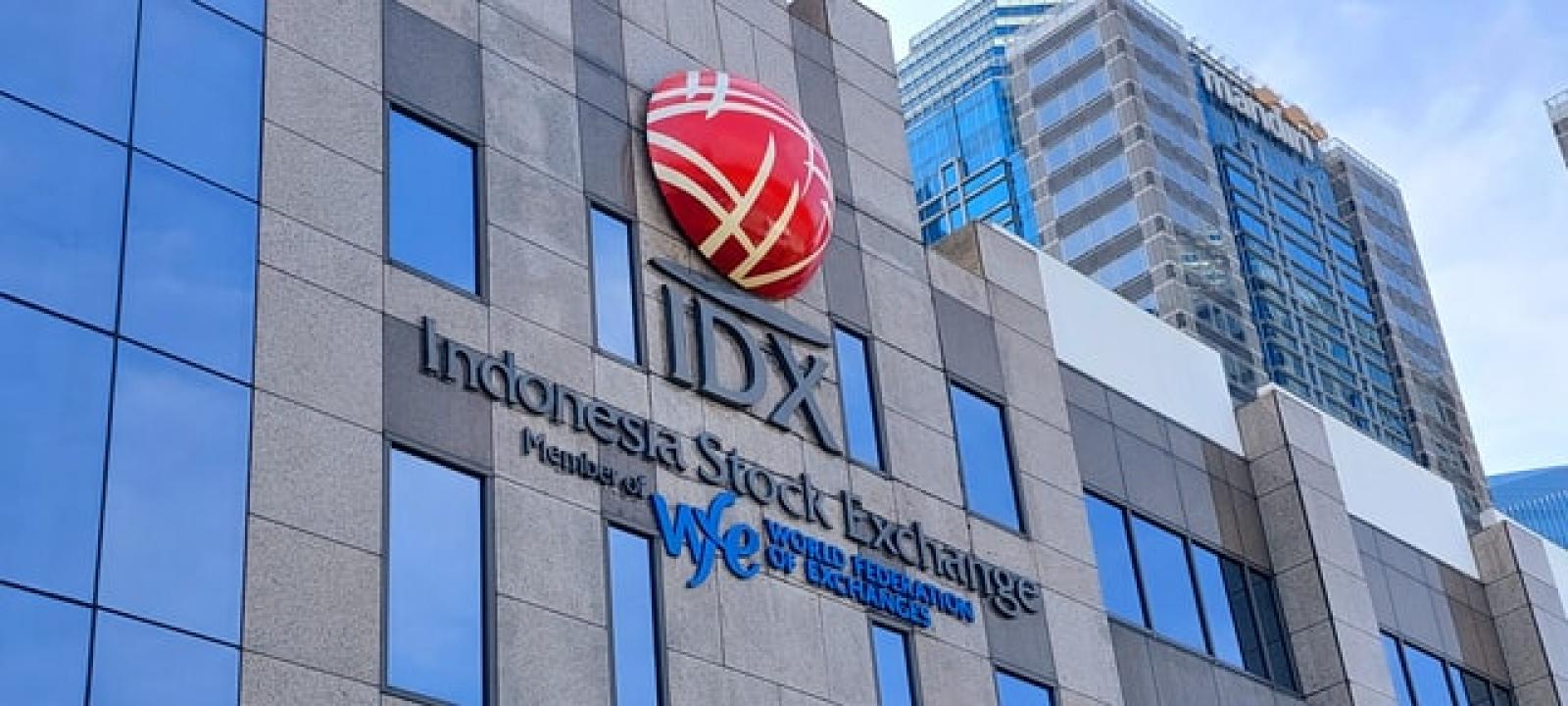
European stocks closed on a weak note on Monday, weighed down by concerns about escalating geopolitical tensions, and profit taking after recent gains.
Automobile sector stocks were among the major losers. Decent strength in the commodities section helped limit markets downside.
Israeli military intensified its military operations against Hezbollah in Lebanon on Sunday, targeting numerous sites following the killing of the groups leader, Sayyed Hassan Nasrallah.
It is feared that Israels increased attacks against Hezbollah in Lebanon and Houthi in Yemen may bring the region one step closer to a much wider conflict involving Iran and the United States.
Investors digested the batch of regional economic data and looked ahead to comments from ECB President Christine Lagarde and Federal Reserve Chair Jerome Powell for clues about interest rate outlook.
The pan European Stoxx 600 fell 0.98%. The U.K.s FTSE 100 dropped 1.01%, Germanys DAX ended down 0.76% and Frances CAC 40 closed down 2%. Switzerlands SMI ended lower by 0.53%.
Among other markets in Europe, Belgium, Denmark, Finland, Greece, Netherlands, Poland, Portugal, Spain, Sweden and Turkiye closed weak.
Russia edged down marginally, while Austria, Iceland and Norway ended higher.
In the UK market, RightMove slid 7.7% after the British online property website rejected a £6.2bn takeover offer by Rupert Murdochs Australian property group.
Smiths Group, ICG, Frasers Group, EasyJet, IMI, Rentokil Initial, Melrose Industries, IAG, Entain and Endeavour Mining lost 3 to 5%.
Barclays, Diageo, British American Tobacco, BT Group, HSBC Holdings and Fresnillo also ended sharply lower.
BP, Hikma Pharamceuticals, Associated British Foods and Rolls-Royce Holdings posted modest gains.
In the German market, Volkswagen declined sharply after cutting its 2024 outlook. Porsche, Infineon, Puma, Continental, Mercedes-Benz, BMW, Daimler Truck Holding, RWE, Merck, BASF, Qiagen, HeidelbergCement and Adidas closed down 1 to 4.3%.
Fresenius, Covestro, Henkel, Symrise, Deutsche Telekom, Hannover Rueck and Siemens Energy ended with sharp to moderate gains.
In the French market, Stellantis plunged 14.5% after the carmaker slashed its annual guidance. Renault lost about 5.5%. Edenred and Vinci also closed more than 5% down.
Teleperformance, Carrefour, Accor, Kering, AXA, Capgemini, Bouygues, Pernod Ricard, Dassault Systemes, Publicis Groupe, BNP Paribas, STMicroElectronics, Societe Generale, LVMH and Michelin lost 2 to 5%.
In economic news, the UK economy grew at a slower-than-estimated pace in the second quarter on weaker industrial and construction sectors, official data from the Office for National Statistics revealed. Gross domestic product advanced 0.5% from the first quarter, revised down from the first estimate of 0.6%. The economy had expanded by unrevised 0.7% in the first quarter, following two quarters of contraction.
Moreover, the quarterly fall in industrial output was revised down to 0.3% from 0.1%. Due to a fall in transport equipment, manufacturing output dropped 0.7%.
UK house prices increased at the fastest pace in nearly two years in September, the Nationwide Building Society reported Monday. House price growth accelerated to 3.2% in September from 2.4% in August. On a monthly basis, house prices gained 0.7%, in contrast to the 0.2% fall posted in August.
Germanys import prices increased for the third straight month in August, though slightly, data from Destatis showed. Import prices rose 0.2% on a yearly basis in August, slower than the 0.9% rise in July. The slower rise in August was mainly due to a 5.4% decline in costs for energy imports. Excluding energy, import prices grew 0.9% from last year.
Germanys consumer price inflation eased further in September to the lowest level in just over three-and-a-half years. The consumer price index registered an annual increase of 1.6% in September, slower than the 1.9% rise in August. Economists had expected inflation to ease to 1.8%.
A measure signaling future turning points in the Swiss economy strengthened in September, reflecting a recovery tendency on path in the economy, the results of a survey by the KOF Swiss Economic Institute showed.
The economic barometer climbed 101.5 in September from an upwardly revised 105.0 in August. Economists had forecast a score of 101.0.





